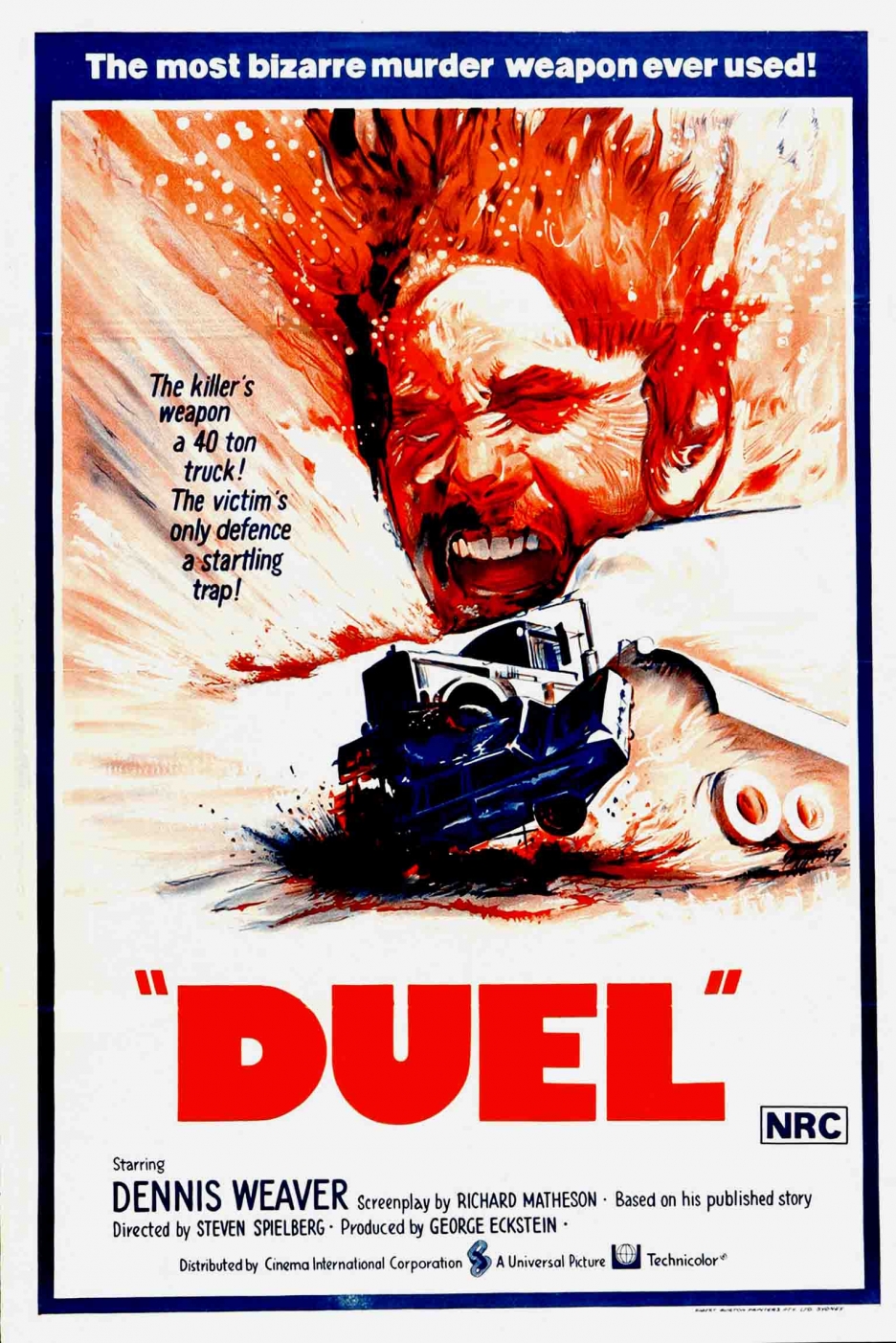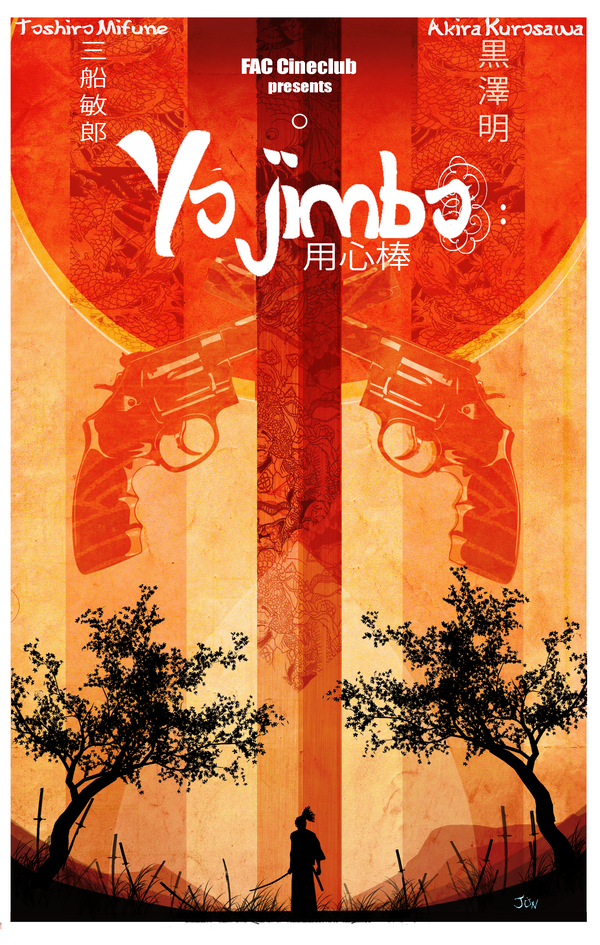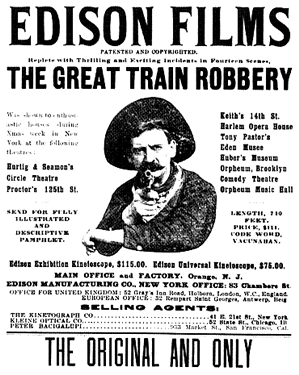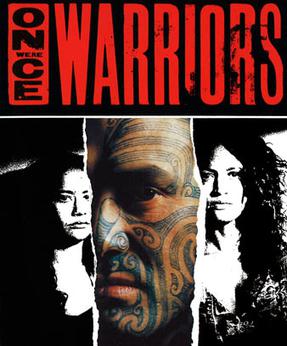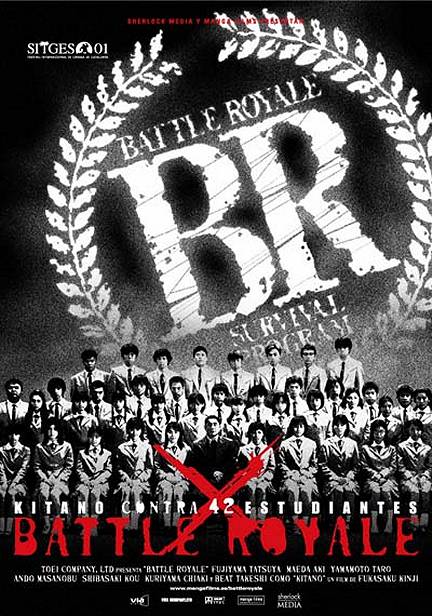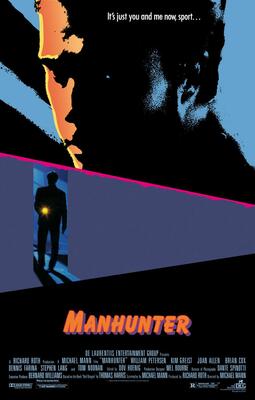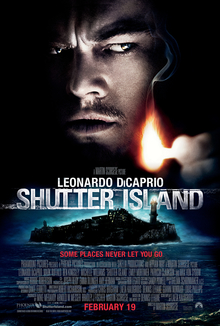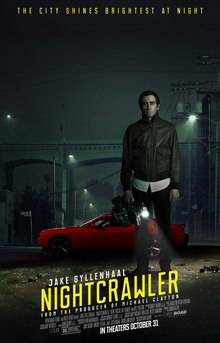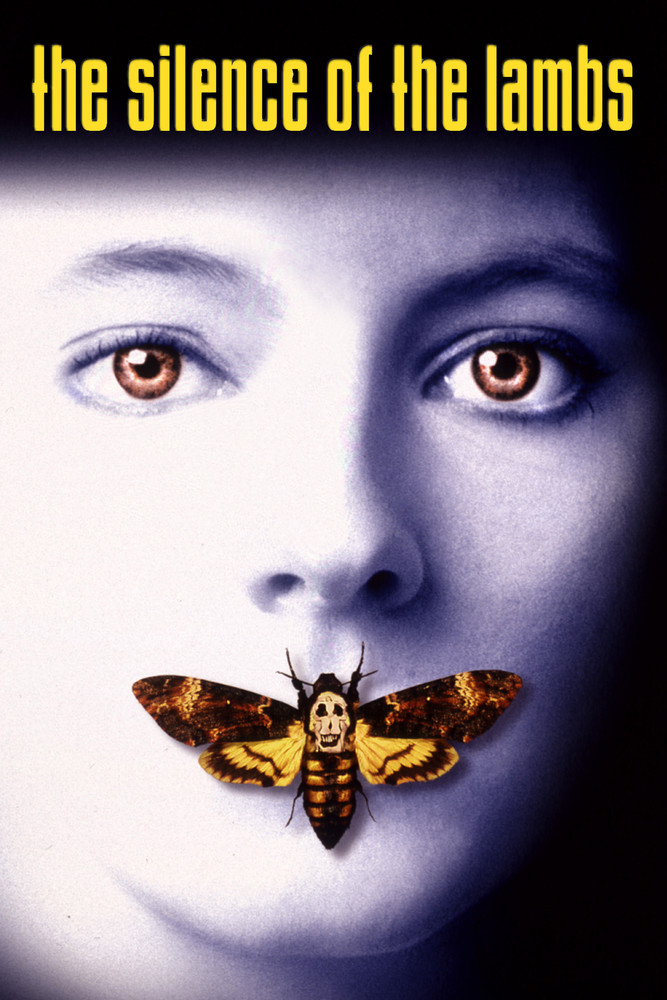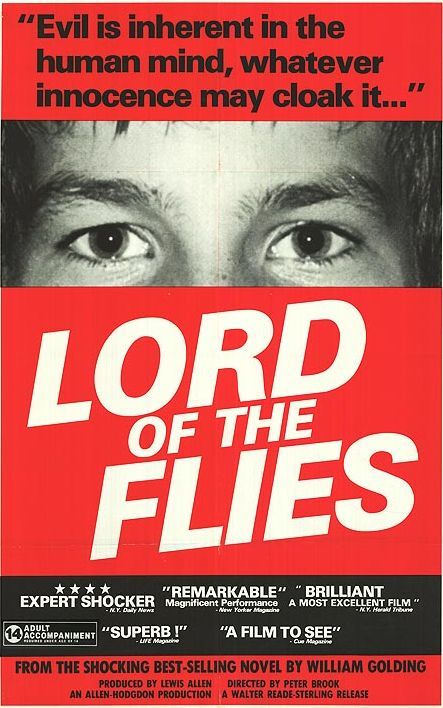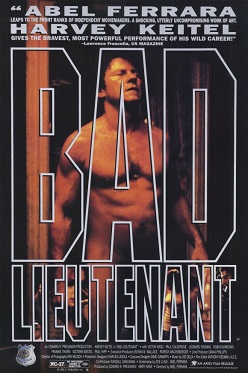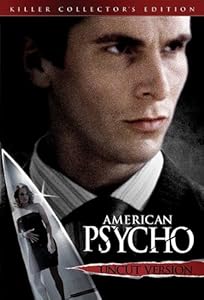Domestic Abuse Isn't Funny
Once Were Warriors
I can’t remember when exactly I watched Once Were Warriors, but it was at some point during the past month. Usually the greater the distance that grows between viewing a film and reviewing it, the more problematic it becomes, as although you can maybe recall how you responded to the experience, many of the details of the film that actually aid your analysis become obscured. This applies to me at least, but my mind keeps returning to this film repeatedly, and I’m going to scratch that itch and write about it, because this film really is an interesting case –study in how a script and its actors get progressively worse as the material becomes more demanding and consequently destroy your emotional involvement and interest in anything that is happening. Watching this was like building a sandcastle with a friend - not an elaborate construction but a passable one - and then seeing the person you’d just spent an hour with working to achieve something crush it beneath their foot with a single unceremonious bootheel.
I had watched Whale Rider (2002) not long before this, so it was an interesting progression to see the Māori culture from a female child’s perspective, in what was a relatively harmless narrative but did introduce into what seemed to be an inherent misogyny in their environment, and then move onto this film shares the suffering female element, but puts it in inner-city domesticity in a narrative which is definitely not appropriate for children. In fact, just as OWW seems to be, ostensibly, a mature development of the events of Whale Rider, it also seems share a few of the same flaws, but amplifies them significantly. That means confused character relationships, sub-plots that are dismissed almost as soon as they are raised and a lack of clarity and depth in the exploration of the culture itself. I suppose in Rider it was forgivable as it took the ridiculously imbalanced male/female dynamic of the Māori culture and told a story of female empowerment that only went as far a family film needed to in furthering that old familiar story of the hero/saviour/VIP whose talents and importance is unrecognized until they do something perception-shattering and are finally appreciated for who/what they are. Here, you have a film that purports to show something culturally significant but instead gives us a story of domestic struggle that could have happened in many other parts of the world, and nothing vital would have been lost. The IMDb synopsis claims that these characters struggle with the “societal problems of being treated like outcasts”, which is entirely fictional, occurring nowhere in this film. Had it been present, it might have given greater weight to their situation, and lend some sympathy to some of the Māori, as they all seem to live in dilapidated housing, frequent dilapidated pubs, and particularly in the case of the men, do little more than drink and fuck. Also, in further evidence as to the complete inaccuracy of that synopsis, the court system, which we see in effect, actually tries to help this family on a regular basis. Surely that can’t be entirely run by Māori people. But, oh wait, there is a moment where to white police officers escort one of the sons home and not-so-subtly imply to the Mother that her son is involved with crime because he’s from a poor Māori household. Does that meet your criteria?
The film opens with what is probably its best shot, and creates that classic illusion where we witness a beautiful landscape, but as the camera pulls back we learn it’s actually just some picture, and in this case it’s a billboard. This billboard depicts New Zealand country, and hovers of this destitute Māori community, some of its people even salvaging through trash, a quite tragic reminder of their fading heritage, their cultural origins becoming more of a distant fantasy and the lands on which they once thrived now just a corporate tool. They ‘Once Were Warriors’ you see, and I’m reminded that the title is actually the most interesting part of the film.
Beth (Rena Owen) is a fairly self-possessed woman, proud of her children and her heritage, but is unfortunately married to Jake (Temuera Morrison, whom you might recognise as Jango Fett) a beer guzzling, muscle-bound, self-entitled beater of women who don’t heed his call, and any other person who presents a challenge to his masculinity. I suppose he represents the worst in the Māori culture, as he is all the pent-up inarticulate rage that can only process his situation through some degree of violence. In fact, the film isn’t clear as to whether he is Māori or not. He supposedly originates from tribe of slaves, which I guess the film is telling us created an inferiority complex that he deals with through violence, (although this is only explored in literally a passing comment) and in marrying Beth he married above his status? Beth suffers all manner of indignities, and Rena Owen conveys them adequately, if not a little stiffly. In fact, besides Morrison, the acting is so self-conscious it’s as if you can see them waiting to deliver their lines. This is most horribly manifested in a friend of the eldest daughter, who is some little Dickensian orphan, accumulator of filth, who lives in a wrecked car and doesn’t understand that line-reading doesn’t mean delivering your dialogue as if you are eye-lids are stapled shut and you’re struggling to read the script in a painful darkness. There is also the problem of the older son, Nig, who joins a Māori gang of brutal macho warfare and even as part of his initiation has an entire side of his face tattooed, but is never explored beyond that. It’s a matter of the film box-ticking it’s cultural obligations and never showing the consequences of them. Much of this is soap-opera level of drama, in that it goes into auto-pilot and just wants to elicit some sort of emotional response. This becomes horribly problematic in the second half, when the material enters a heavier territory that nobody is capable of handling. At best, I could acknowledge the actors were really trying to convey these personal tragedies, at worst it felt like the film was almost trivialising these issues, however unintentionally. This film treads thematic ground such as rape, domestic abuse, suicide, poverty, alcoholism, and the conflict between familial and cultural obligations and societal vices that one has fallen into. If I have to laugh when these things occur, I’d hope it was at the way the film was handling them not the thing itself, but the film almost made me feel guilty in that regard.
But the first 40 minutes of the film actually earned my emotional involvement, and despite some of the aforementioned problems, I cared about these characters. In fact, Jake, who at times is one of the most emotionally inert males I’ve seen, is probably the best acted, and when the camera turns on him he can be a terrifying presence, all untamed animal instinct, and Morrison can really channel this rage through his eyes. They’re a beast’s eyes. And then his character is reduced to some ridiculous anthropomorphic rock, where all the untapped complexities of the character are erased. He eventually just starts roaring and hitting at anything in sight because I guess the film thinks that it’s gut-wrenching, or difficult to watch this man self-destruct. Is he self-destructing? The problem is that although we see the very real and very dangerous effects of alcoholism through this character, how it makes one’s personality shift drastically on a dime, and that this man is a product of his masculine environment, that rewards macho behaviour, the film never gives us a reason to care about him. It’s fine when we’re introduced to him, and we see what he’s capable of, how that affects the family, how he’s a classic spousal abuser in that he can utterly denigrate his wife and yet still charm her all over again, but what then? I know it’s too easy for a person on the outside to tell a woman that she should leave her husband, but in these circumstances there is nothing here worth holding onto and there’s little to no intimacy or real evidence of an actual functional relationship between them. There’s a problematic moment where Beth convinces Jake to give her some money, and he does, and then in his vicious macho self-entitlement he expects a sexual reward. My friend read this moment, in which he gives her the money, as evidence of him actually caring about her, and that’s understandable considering how obscured the film become in its own foggy writing. Beth also puts the money in her bra, which has obvious connotations in our culture, and I’m not sure if this is my own sexist reading of the film, if just convenience on part of the character, or if it was supposed to demonstrate how she’s maintain a sexually playful charade just to please him. Either way, she is being objectified, and Beth and Jake’s relationship, her as object and him as man who uses object as leisure, is never explored beyond this.
The tragic cycle of life, in that the males are expected to fulfil their roles, the females theirs, is actually quite affecting, and we see Grace, who is a budding young writer who has no interest in meeting these gender constructs which are slowly being increasingly imposed on her.
Unfortunately the turning point of the film is a character’s rape, and from there it becomes increasingly ridiculous, as all the things that transpire, are painful because none of it is at all convincing, and the sympathetic bond between film and viewer is just mocked. A character’s arc is crushed and condensed into about 10 minutes, and so what plays out is like Requiem for a Dream if it was a soap opera. And 10 minutes long. It becomes so rushed and hackneyed in its attempt at tragedy that we even get a shot of the character walking alone through the dark city streets, signs and buildings looming over, limbs reaching out and groping from the dark…..it’s such a cheap way of showing a character’s pain and isolation it’s almost a parody. Actually the Simpsons have parodied this cheap sentimentality in ‘El Viaje Misterioso de Nuestro Jomer’ when Homer walks alone at night, ‘At Seventeen’ accompanying his pain and confusion…
And that’s where this film fails. It’s the cognitive dissonance between characters that we were actually emotionally invested in be betrayed by the film they’re in, so as the material requires the drama to escalate, the authenticity and conviction plummets, so what you have is something that you know you should care about stir you not one bit. And I can’t forgive the film for that.
By Sean Hancock
A Zoom Film Review
.jpg)
